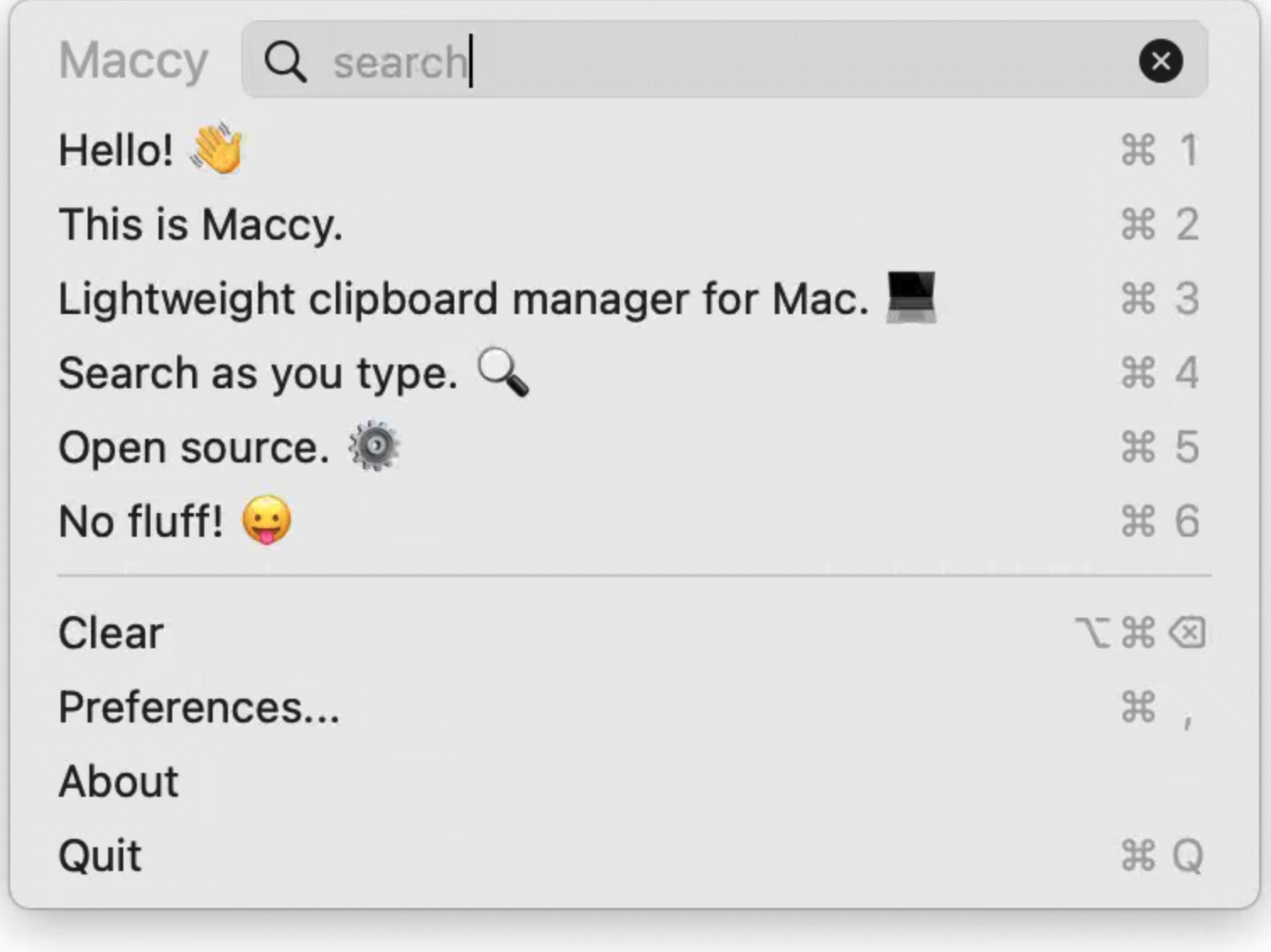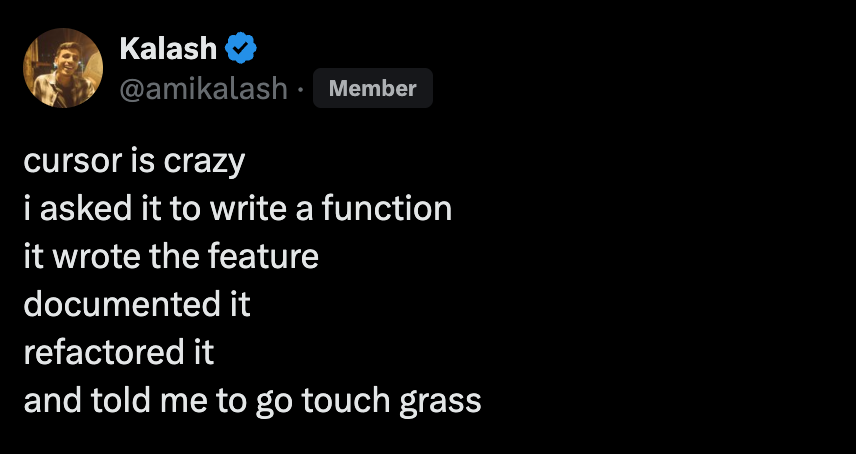The Most Cost-Effective LLM Coding Loadout for the Casual Developer
Disclaimer: none of this is paid promotion or anything (I wish). Just wanted to share the tools I've been getting a lot of value out of. Enjoy.
Ah the dream of having unlimited API credits for Google, OpenAI, and Anthropic to throw at any coding problem that might come up. While this reality might not be too far away with more advances in model strength and affordability, for now we must be cost-conscious while vibe coding - especially if only using it for casual side projects.
Thankfully, some great options have sprung up in the past month or so with new subscription models for agentic coding tools. Notably for me, Anthropic released support for Claude Code usage on just the pro plan rather than pay as you go API credits which for me depleted very fast while using the tool.
Below are a few options that I have found to be within a reasonable price range (<$25) that provide very powerful assistance without breaking the bank.
Best Loadout - Claude Code x Zen MCP
 Claude Code Welcome Screen
Claude Code Welcome Screen
- Claude Code ($20/month Pro Subscription)
- Zen MCP with OpenRouter ($5/month in API credits)
Claude Code is undeniably good and is now offered as part of the Claude Pro Subscription which is $20 a month (as of June 2025). I find that this alone is worth it and I rarely hit the usage limits while working on side projects in the evenings and on weekends. I alternate between longer form questions in Claude Desktop which does not contribute to the Claude Code usage then I am able to ask more targeted questions in the Claude Code CLI to actually generate and use code.
A more recent addition to my loadout that has been very valuable is Zen MCP and OpenRouter. For those who aren't familiar, OpenRouter is a unified platform where you can buy credits and then use them towards any model provider (i.e. OpenAI, Anthropic, Google) with a single API key. This opens the door to extremely easy setup for Zen MCP which is an MCP server that works with Claude Code to give Claude the ability to open discussions and consult with other frontier models (o3, Gemini, Mistral) while working. I've found that only a couple bucks a month is sufficient for my amount of usage.
Working Example
Today I was working on creating a simple locally running text-to-speech API that processed chunks of text and then joined them into cohesive longer form audio. I started by writing the detailed requirements into my claude.md file so that claude code would load with all the context intially and not lose it between sessions. Next, I asked it to chat (Zen MCP Tool) with o3 and brainstorm a list of the best 3 possible architectures or frameworks to design this given my requirements. They chatted over the options, then presented me with the possibilities.
Finally, I asked for a consensus where o3, Gemini Pro, and Gemini Flash all received one of the architectures and debated for and against each of the different options. They presented me with a polished final architecture that I felt confident in, so I had claude code itself update the claude.md file and an architecture_plan.md file so that all the context would be persisted.
You can find the docs for Zen MCP here with all the available commands https://github.com/BeehiveInnovations/zen-mcp-server. There are a lot more than I just described above, notably including code reviews (codereview) and security reviews (secaudit). Lots of value here in this one tool.
Alternative - Cursor Pro
- Cursor Pro ($20/month Pro Subscription)
Cursor still is an extremely viable option for powerful coding assistance without breaking the bank. It has all the same MCP capabilities that Claude Code has including a full on Cursor tools marketplace with easy one-click integrations.
My Claude Code preference comes down mainly to UX and trust. My workflow that I've developed has a clear distinction between VS code as my code editor where I step in and get work done and the Claude Code CLI window that executes changes and actions for me. Additionally, Claude Code being an Anthropic product built on their own model gives me security going forward that I can continue to ramp up usage on their subscription model (spending a lot less for a lot more output than I would with API credits), while Cursor is dependent on external providers. As my workflows get more complex, I am getting more and more out of the customizability that the CLI only interface provides me.
Honorable Mention - Q CLI
- Amazon Q Developer Pro ($19/month Pro Subscription)
The Amazon Q CLI is able to pull its weight when it comes to working with lightweight application development. This was a recent revelation to me after seeing Eugene Yan's post on a Multi-Agent News Research Assistant (highly recommend you check out this and the rest of his blog). This powerful demo showcases what's possible when integrating a CLI agent like Q with tmux, where it can spawn sub-agents through new terminal windows by splitting the pane and sending q chat commands there.
There are a few drawbacks that come with this CLI as opposed to Claude Code, notably the permissions handling as of now have a steep dropoff in trust for me. For example, the command chain often goes from read_file, write_file, to execute_bash which to me is an extreme progression in permissions. On a more positive note, it does also offer the flexibility to integrate with MCP servers which brings feature parity with the above two options.
Bonus - Best Non-AI Tool I Have
 Maccy Tool Window
Maccy Tool Window
The single best application I've downloaded for productivity on mac has been my clipboard manager. Maccy is free (with option to donate to the developer) and lets you pin commonly used clipboard items (i.e. user IDs). The searchable UI saves me lots of time going back through to find previous URLs, code snippets, bash commands, etc that I have copied which works especially well alongside Claude Desktop where I find myself copying individual commands or code snippets quite frequently. Now I even find myself copying multiple snippets from web pages or answers before switching back to my code or text editor. I highly recommend this tool or a clipboard manager alternative.
Conclusion
The goal of this post was simply to showcase what has worked for me so far and to hopefully inspire you to try out some new tools that you may or may have not been aware of. There are so many AI tools popping up out there for developers to use that it feels overwhelming sometimes. The best advice I have is to continue experimenting and dedicating time to try out new tools as they come out. Even if its 15 or so minutes a day trying out new features, they could end up saving you many many hours in the long run and make you a more productive developer. This flexibility and growth will be crucial in the next few years as companies look for and expect productivity gains from all developers as a baseline.
Thanks for reading.



